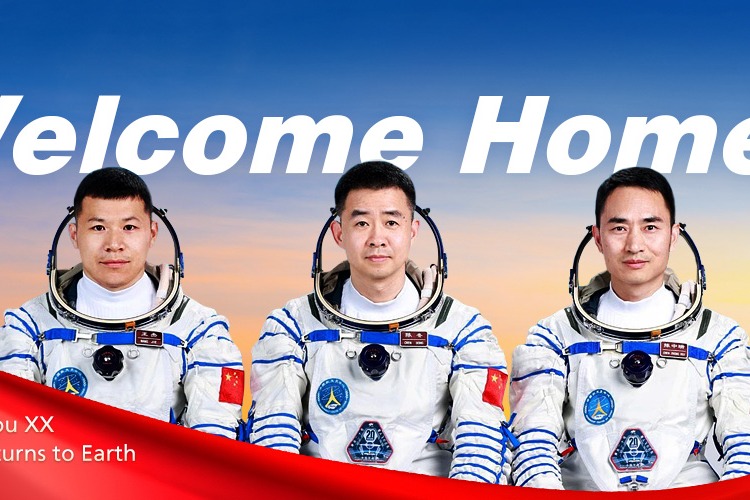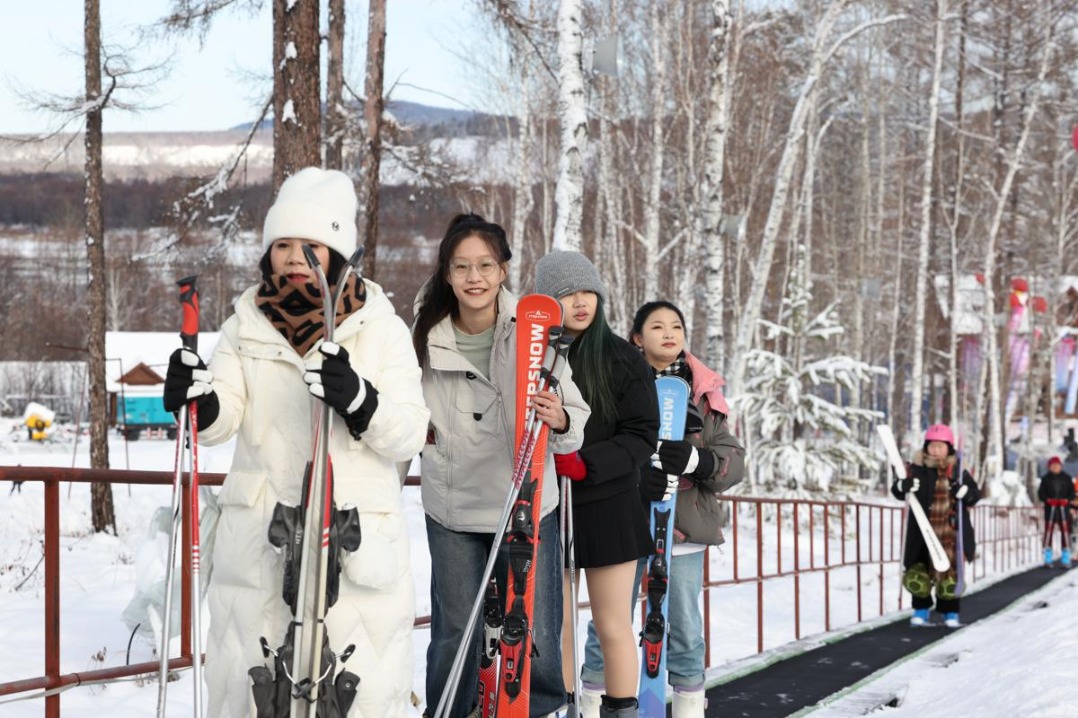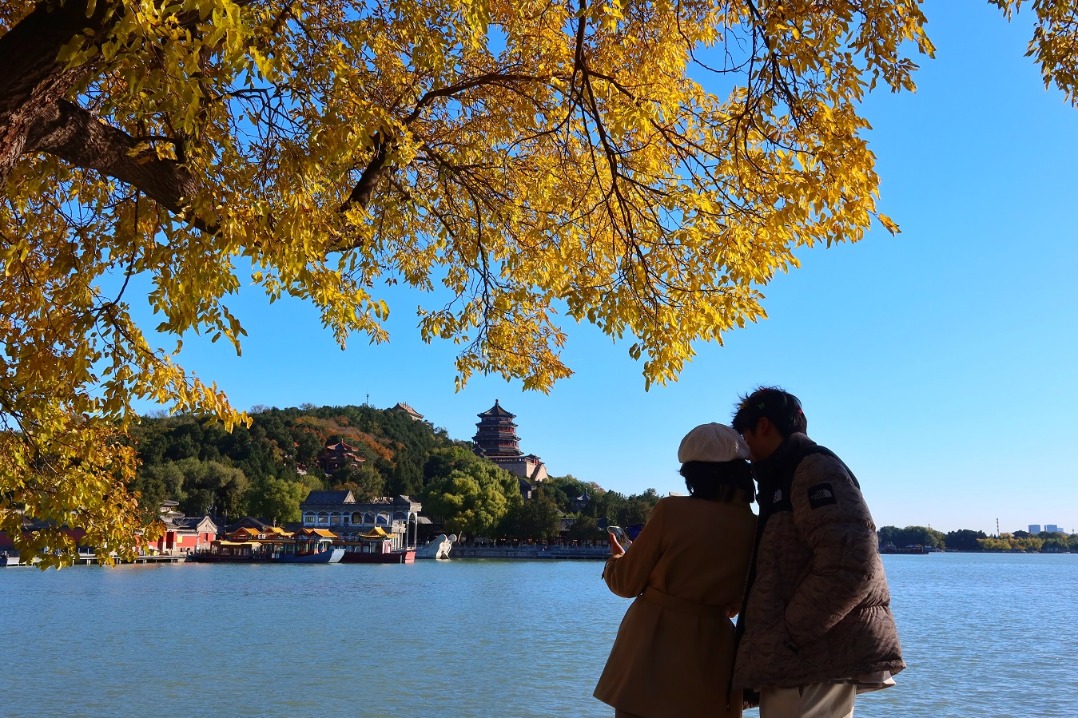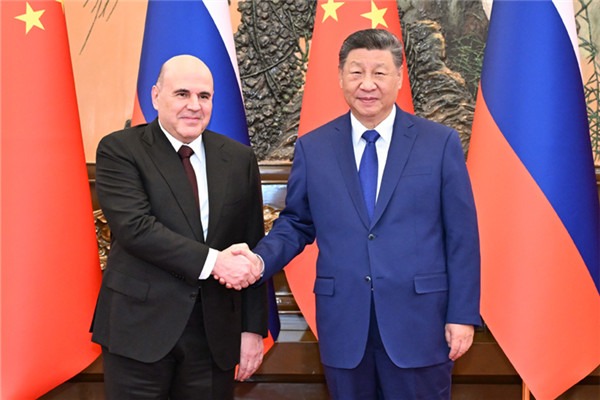SCO calls for stronger cooperation in TCM

With a deft flick of her fingers, an acupuncturist swiftly inserted a needle into the scalp of a patient suffering from insomnia. A faint squeak sounded as the needle pierced the skin, drawing gasps of amazement from onlookers.
Among those impressed by the doctor's skill at Xi'an Hospital of Traditional Chinese Medicine was Abdullah Obaid Alanazi, supervisor general of technical affairs at Saudi Arabia's National Center for Complementary and Alternative Medicine under the Ministry of Health.
"Traditional Chinese medicine has a long history, heritage and roots so its modalities are recognized and evidence-based," he said during a hospital tour on the sideline of the eighth Shanghai Cooperation Organization Health Ministers' Meeting held in Xi'an, Shaanxi province on Monday.
"The most important (treatment) I've seen today is the head acupuncture related to treating the nerve system, as well as moxibustion," he said. "Through discussions with local doctors, I've also learnt that TCM can be used as the first line of treatment and sometimes as a complementary and additional treatment after surgical procedures."
The role of traditional medicine in improving primary healthcare and advancing universal health coverage was highlighted as one of the four key topics at the meeting, which brought together senior health ministers form SCO member states and representatives from global organizations.
Participants called for stronger cooperation in traditional medicine, including expanding TCM's accessibility and influence.
In his speech, Lei Haichao, minister of China's National Health Commission called on SCO member states to continue hosting the SCO traditional medicine forum, collaborate on scientific research and clinical trials and promote the standardization and modernization of traditional medicine.
"We propose establishing a joint SCO research facility for traditional medicine exchange in Shaanxi to cultivate talent and advance scientific research in the field," he said.
Lei added that Chinese authorities hope to intensify international collaboration to explore medicinal plant resources and enrich traditional therapies.
Askat Dzhakypov, a scholar from a Kyrgyzstan university's department of oriental medicine, said that the nation has built partnerships with medical colleges in Gansu province and Xinjiang Uygur autonomous region, involving exchanges of personnel and joint research programs.
"Many people in Kyrgyzstan are now familiar with TCM," he said. "It's not just a treatment method. It embodies China's history, culture, and wisdom of Chinese people."
He expressed interest in exploring further cooperation with the TCM hospital in Xi'an. "We want to learn about TCM not only through textbooks but also by experiencing its charm in clinical practice," he added.
Alanazi, from Saudi Arabia, said that a lot of TCM practitioners now work in the nation and authorities are carrying out assessments, classifications and licensing to support their practice.
"The exposure of Saudi people to TCM is getting greater and greater day by day," he said.
Alanazi said that Saudi authorities are in talks with Chinese authorities to expand TCM's role in the country. "Among the ideas is sending candidates and practitioners to training programs here (in China) and exchanging experts between the two countries," he said.
"I believe that traditional medicine is a heritage, and every nation can adopt their own or bring from other cultures," he added.
- China's west-to-east gas transmission project marks commissioning of third pipeline
- Xpeng's flying car factory begins trial operations in Guangzhou
- 11 held accountable for Guizhou boat accident
- Schools close as torrential rain from Typhoon Kalmaeigi hits Hainan
- China-Laos sugarcane import season begins
- Inner Mongolia's outbound UHV power transmission surpasses 800b kWh





































